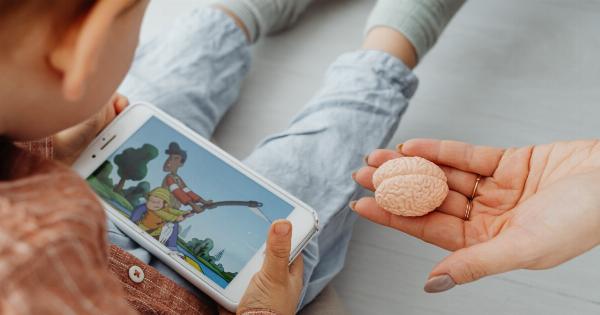Sugar addiction may sound like a joke, but it is a real thing. Sugar releases dopamine in our brains which makes us feel good and happy. Over time, this can lead to addiction. Most of us are consuming excess sugar without even knowing it.
Are you worried that you may be addicted to sugar? Take this test to know for sure.
1. Do you crave sugar even after a full meal?
If you crave sugar even after having a big meal, it may be a sign that you are addicted to sugar. Most healthy eaters feel satisfied after a meal and don’t crave any more food.
If you find yourself constantly wanting something sweet, it may be time to evaluate your sugar consumption.
2. Do you often eat sugary snacks even when you’re not really hungry?
If you find yourself eating sugary snacks even when you’re not really hungry, it’s a sign that your body is used to having sugar. When you have a sugar addiction, your body constantly craves sugar.
Eating sugary snacks even when you’re not hungry will only add extra calories to your diet and make it harder to control your weight.
3. Do you feel sluggish or tired after eating sugary foods?
Sugary foods can give you an initial burst of energy, but after that, you may feel sluggish and tired. When you consume too much sugar, your body has to work overtime to produce insulin to balance out your blood sugar levels.
This results in a sudden crash in energy levels, leaving you feeling tired and lethargic.
4. Do you feel irritable or moody when you haven’t had sugar?
When you’re addicted to sugar, your body expects to get a constant supply of sugar. When there is a sudden drop in sugar levels, it can make you feel irritable or moody.
If you find yourself feeling angry or upset when you haven’t had sugar, it’s a sign that you may be addicted to sugar.
5. Do you consume sugary drinks or desserts more than once a day?
If you consume sugary drinks or desserts more than once a day, it’s a sign that you may be addicted to sugar. When you consume too much sugar, it becomes a habit.
You may find yourself reaching for something sweet every time you feel stressed or bored.
6. Do you experience withdrawal symptoms when you try to cut back on sugar?
When you’re addicted to sugar, your body has become used to having a constant supply of sugar. If you try to cut back on sugar, you may experience withdrawal symptoms such as headache, fatigue, and nausea.
This is a sign that your body has become physically dependent on sugar.
7. Do you find yourself sneaking sugary snacks when no one is around?
If you find yourself sneaking sugary snacks when no one is around, it’s a sign that you’re addicted to sugar. When you’re addicted to something, you may feel ashamed or embarrassed about your addiction.
If you’re constantly sneaking sugary snacks, it’s time to evaluate your sugar intake and try to control your cravings.
8. Do you find it hard to resist sugary foods when they’re in front of you?
If you find it hard to resist sugary foods when they’re in front of you, it’s a sign that you’re addicted to sugar. When you’re addicted to sugar, your brain sends a signal to your body that it needs sugar.
This makes it hard to resist sugary foods when they’re within reach.
9. Do you experience guilt or shame after consuming sugary foods?
When you’re addicted to sugar, you may experience guilt or shame after consuming sugary foods. This is because you know that consuming too much sugar is not good for your health, yet you continue to do it anyway.
If you’re experiencing guilt or shame after consuming sugary foods, it’s a sign that you need to reevaluate your relationship with sugar.
10. Do you feel like you can’t live without sugar?
If you feel like you can’t live without sugar, it’s a sign that you’re addicted to sugar. Sugar addiction is a real thing and can have serious health consequences.
It’s important to take control of your sugar intake and try to break free from your addiction.
: Results
If you answered yes to 5 or more of the questions above, it’s highly likely that you have a sugar addiction. Many people are addicted to sugar without even realizing it.
If you’re worried about your sugar intake, try to gradually reduce your consumption. You can also seek help from a nutritionist or a therapist to help you break free from your addiction.





























